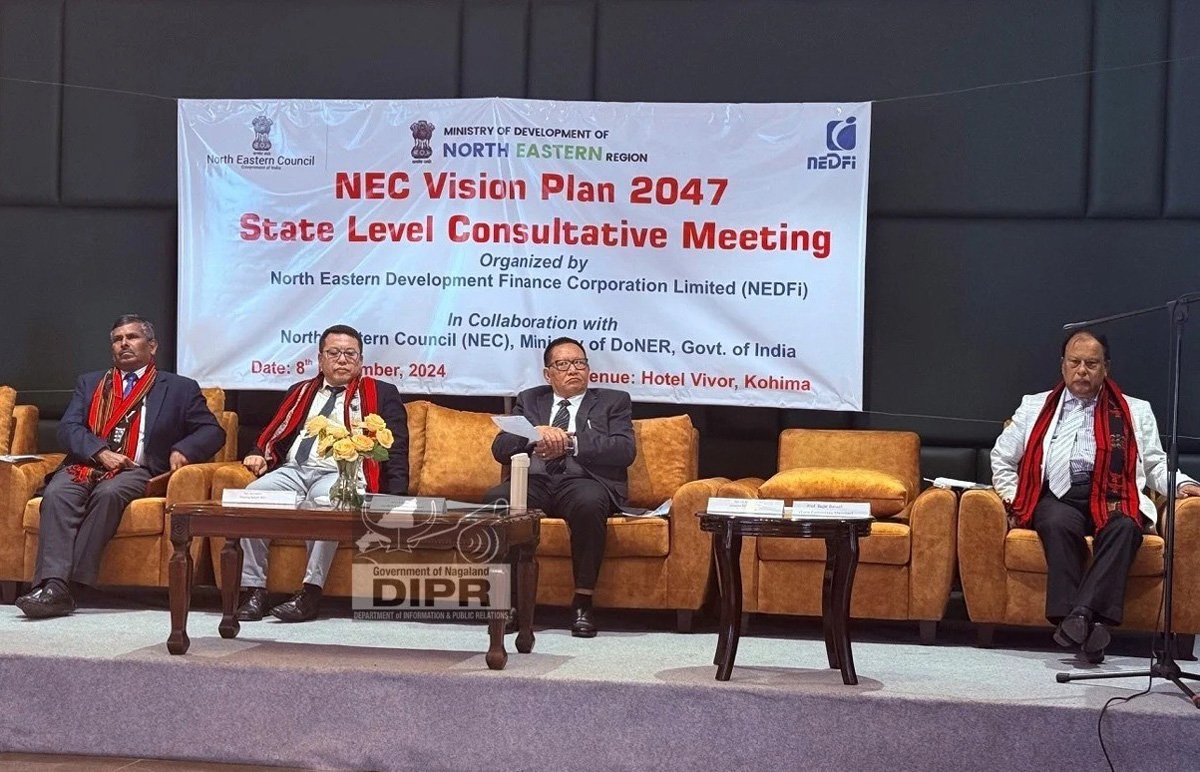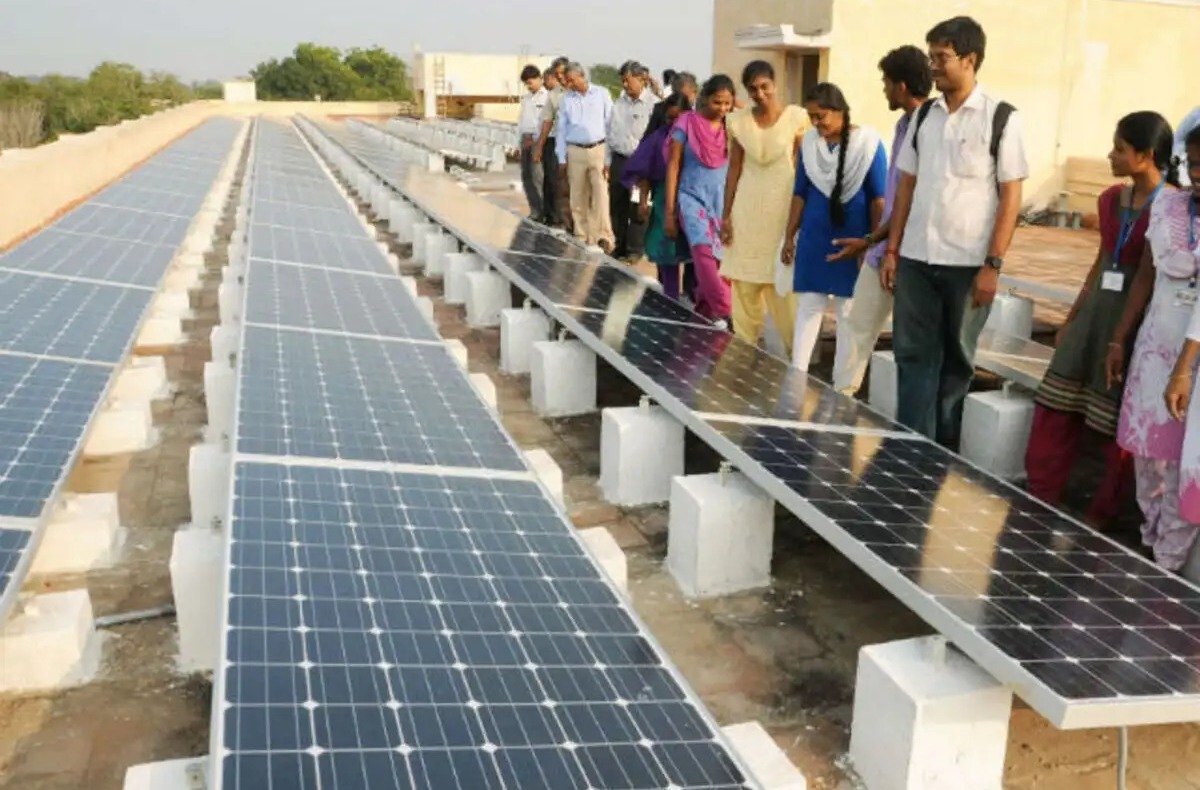Nagaland’s Deputy Chief Minister, T.R. Zeliang, outlined a comprehensive vision for the state’s development by 2047, aiming to build a vibrant economy that respects its cultural heritage while ensuring inclusive growth. Speaking at the state-level consultative meeting for the NEC Vision Plan 2047 in Kohima, Zeliang emphasized the integration of socio-economic growth, cultural preservation, infrastructure development, and environmental sustainability as the key pillars of the state’s future. The meeting, organized by NEDFi in collaboration with the NEC and Ministry of Development of North Eastern Region (DoNER), brought together stakeholders to discuss long-term strategies for Nagaland’s sustainable development.
Zeliang focused on the modernization of agriculture as a crucial component of the state’s economic growth, advocating for the use of advanced technologies, organic farming practices, and sustainable methods to boost food security and create export opportunities. He also called for capacity-building programs for farmers, as well as improvements in agricultural infrastructure like irrigation systems and cold storage facilities. Additionally, the Deputy CM underscored the need for major investments in transportation infrastructure to improve connectivity between rural and urban areas, including roads, air, rail, and water transport networks. He also sought NEC’s support in developing warehouses and cold storage facilities at strategic transport hubs.
Recognizing Nagaland’s rich cultural diversity, Zeliang highlighted its potential as a resource for economic development, particularly through tourism and the promotion of local heritage. He proposed increasing investments in cultural initiatives, including the creation of modern exhibition spaces and training programs to enhance cultural engagement. On healthcare, he advocated for upgrading the state’s medical infrastructure, including multi-specialty hospitals, PSA oxygen plants, and climate-resilient healthcare facilities. Zeliang also stressed the importance of strengthening educational infrastructure, particularly in higher education and skill development, to support the state’s long-term growth. A key issue raised during the meeting was the delay in fund disbursement for agricultural and infrastructure projects, which, due to Nagaland’s monsoon-heavy climate, requires a more aligned timeline for efficient implementation.





